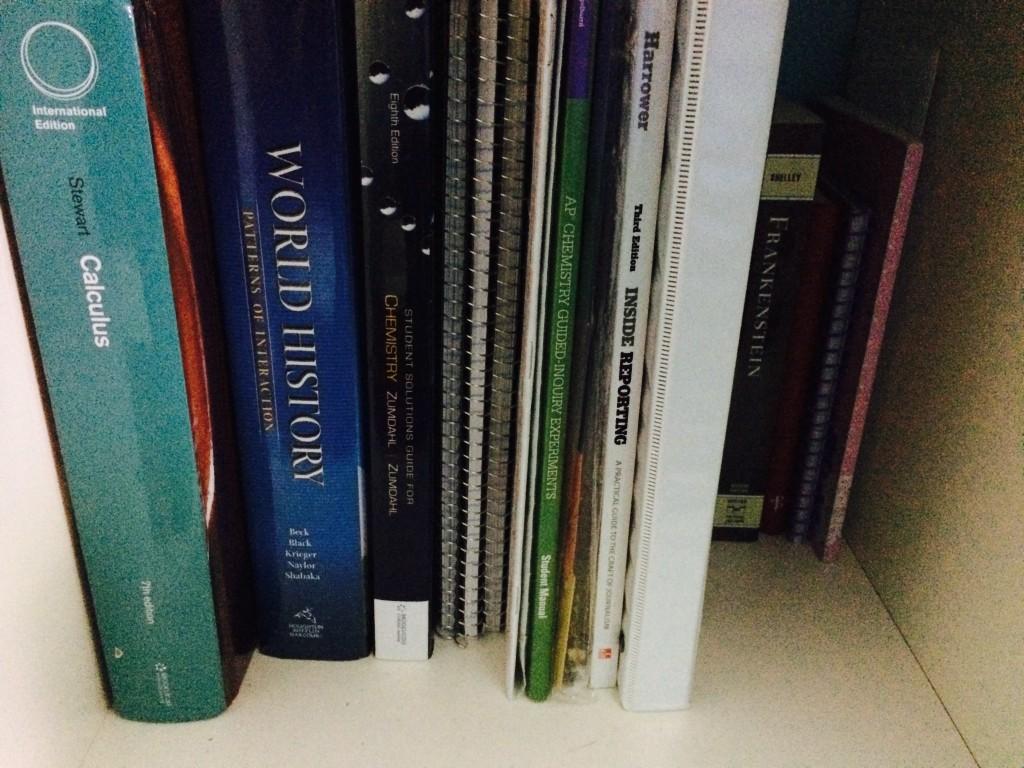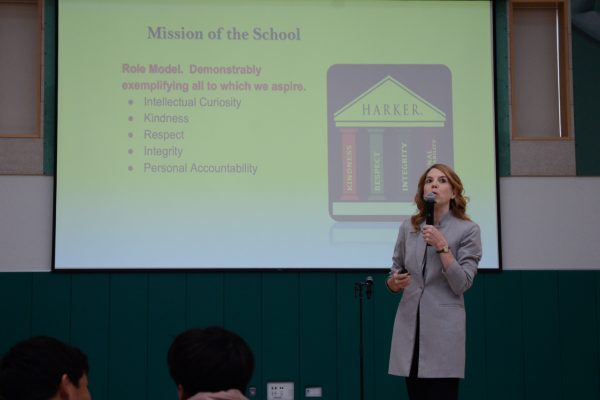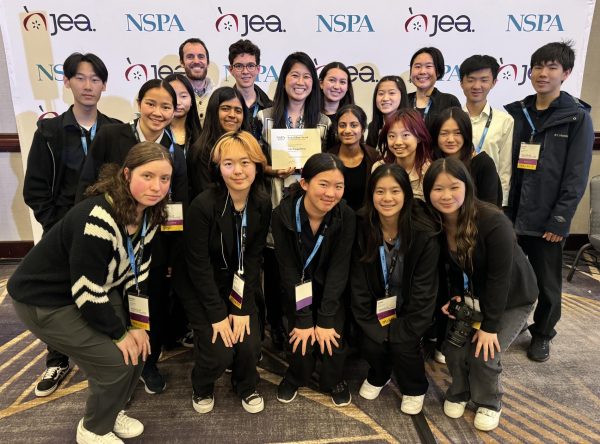How teachers view finals
While textbooks are essential resources for students preparing for finals, they do not cover all the material taught in a semester. Teachers stress the importance of reviewing class notes in addition to previous tests to fully prepare for each final.
While students view final exams as stressful and taxing, teachers view their exams as a time for students to gain a deeper understanding of previously learnt concepts and review old lessons cumulatively.
Most teachers create their final exams for students to learn how to review for large exams, practice their test-taking skills, and prepare themselves for exams in college; however, teachers are also aware of the fact that their students procrastinate and dread studying for finals.
“If [students] study consistently throughout the semester, there should be no need to cram in nights of studying before the exam. Also, they don’t understand that a good night of sleep before the final is at least worth three hours of studying,” AP Calculus AB teacher Gabriele Stahl said.
Teachers of AP courses design their exams to review and prepare students for the upcoming AP exams in May. For example, AP Chemistry finals routinely incorporate previous AP problems and the math department’s finals mimic the AP test format. Using AP-style problems enables students to preview what is coming so they can assess their strengths and weaknesses.
Due to the large amount of material covered in each exam, teachers also refrain from testing specific details regarding concepts and choose to focus more on general overviews. In addition, teachers encourage students to interpret earlier ideas in different ways, whether through an interesting math problem or a unique essay topic.
“I like to give students a chance to express some fresh understanding of the literature they have studied,” English teacher John Heyes said. “The essay portion of an English final is ideal for this approach because I can choose a prompt not previously discussed and know that students will use their existing knowledge to achieve some deeper insights.”
Final exams also echo previous tests in the sense that problems from each assessment are comparable in terms of difficulty and concepts, the only challenge being the mass amount of material covered in the span of a semester.
Maya Jeyendran (11) is the Lifestyle Editor of Harker Aquila. She been a part of Harker's journalism program since her freshman year, and has previously...































![Setter Emma Lee (9) sets the ball to the middle during the match against Pinewood on Sept. 12. “[I’m looking forward to] getting more skilled, learning more about my position and also becoming better friends with all of my teammates, Emma said.](https://harkeraquila.com/wp-content/uploads/2023/09/DSC_4917-2-1200x795.jpg)















































































![“[Building nerf blasters] became this outlet of creativity for me that hasnt been matched by anything else. The process [of] making a build complete to your desire is such a painstakingly difficult process, but Ive had to learn from [the skills needed from] soldering to proper painting. Theres so many different options for everything, if you think about it, it exists. The best part is [that] if it doesnt exist, you can build it yourself, Ishaan Parate said.](https://harkeraquila.com/wp-content/uploads/2022/08/DSC_8149-900x604.jpg)


![“Animation just clicked in a way. I had been interested in art, but that felt different. [Animation] felt like it had something behind it, whereas previous things felt surface level. I wasnt making that crazy of things, but just the process of doing it was much more enjoyable, Carter Chadwick (22) said.](https://harkeraquila.com/wp-content/uploads/2022/08/Screen-Shot-2022-08-16-at-9.44.08-AM-900x598.png)


![“When I came into high school, I was ready to be a follower. But DECA was a game changer for me. It helped me overcome my fear of public speaking, and its played such a major role in who Ive become today. To be able to successfully lead a chapter of 150 students, an officer team and be one of the upperclassmen I once really admired is something Im [really] proud of,” Anvitha Tummala (21) said.](https://harkeraquila.com/wp-content/uploads/2021/07/Screen-Shot-2021-07-25-at-9.50.05-AM-900x594.png)



![“[Volleyball has] taught me how to fall correctly, and another thing it taught is that you don’t have to be the best at something to be good at it. If you just hit the ball in a smart way, then it still scores points and you’re good at it. You could be a background player and still make a much bigger impact on the team than you would think,” Anya Gert (’20) said.](https://harkeraquila.com/wp-content/uploads/2020/06/AnnaGert_JinTuan_HoHPhotoEdited-600x900.jpeg)

![“Im not nearly there yet, but [my confidence has] definitely been getting better since I was pretty shy and timid coming into Harker my freshman year. I know that theres a lot of people that are really confident in what they do, and I really admire them. Everyones so driven and that has really pushed me to kind of try to find my own place in high school and be more confident,” Alyssa Huang (’20) said.](https://harkeraquila.com/wp-content/uploads/2020/06/AlyssaHuang_EmilyChen_HoHPhoto-900x749.jpeg)













![“My slogan is ‘slow feet, don’t eat, and I’m hungry.’ You need to run fast to get where you are–you arent going to get those championships if you arent fast,” Angel Cervantes (12) said. “I want to do well in school on my tests and in track and win championships for my team. I live by that, [and] I can do that anywhere: in the classroom or on the field.”](https://harkeraquila.com/wp-content/uploads/2018/06/DSC5146-900x601.jpg)

![“I think getting up in the morning and having a sense of purpose [is exciting]. I think without a certain amount of drive, life is kind of obsolete and mundane, and I think having that every single day is what makes each day unique and kind of makes life exciting,” Neymika Jain (12) said.](https://harkeraquila.com/wp-content/uploads/2017/06/Screen-Shot-2017-06-03-at-4.54.16-PM.png)



















